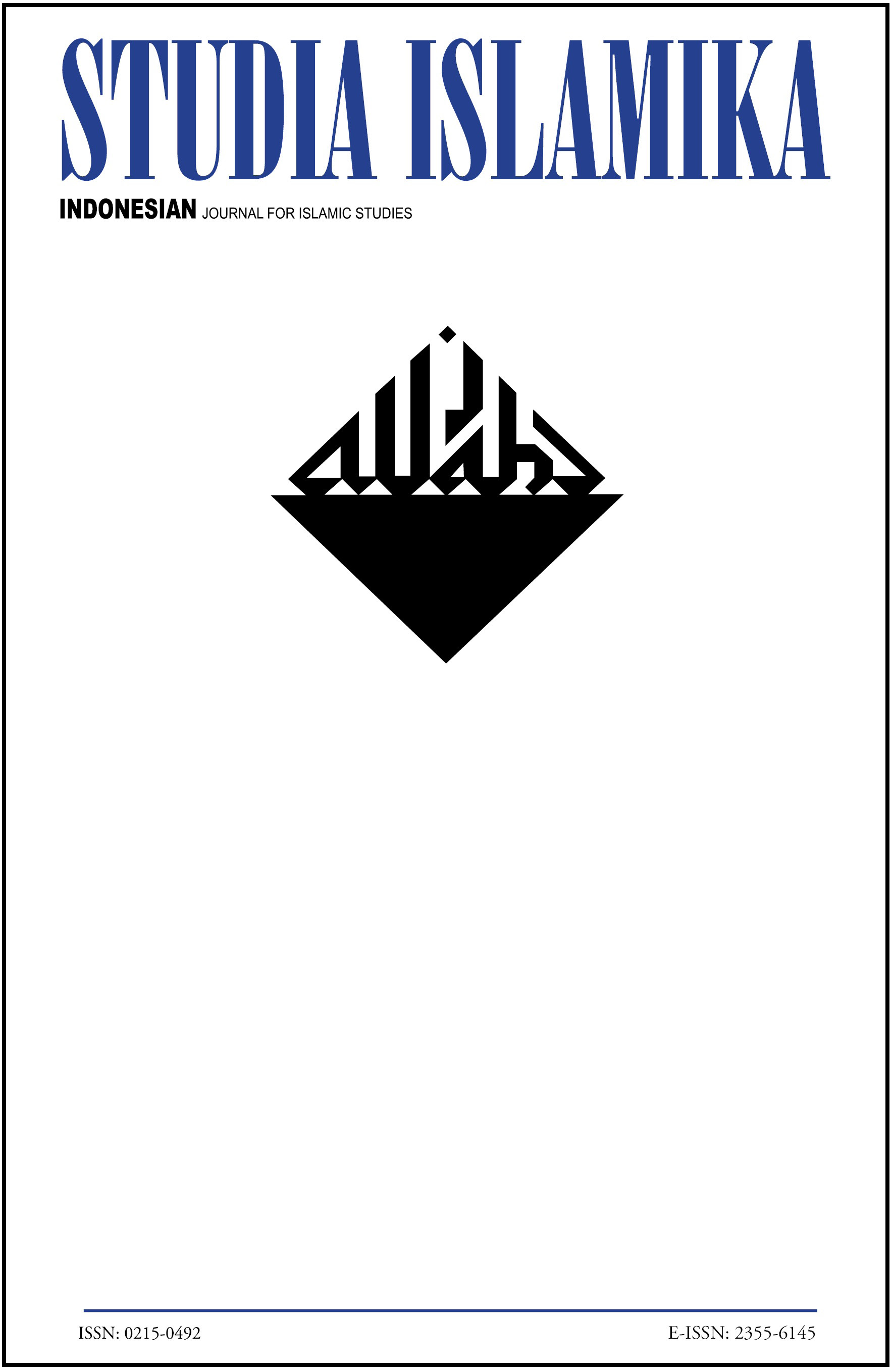Abstract
The politics and trade in Southeast Asia since the 7th century had seen the early rise of Brunei as an important port in Borneo. When the Malacca fell to the Portuguese in 1511, Islam spread to northern Borneo. Brunei grew as a new, powerful Islamic sultanate; European traders stopped by its port as they bought spices in the Moluccas. Friendships and conflicts of interest between the two powers were exacerbated by the issue of Christianization and Islamization. In the 16th century the conflicts forced Brunei to defend and expand its territory from North Borneo to the Philippines. This article discusses the Sultanate of Brunei‘s early growth in the 15th and 16th Centuries particularly related to the political context of religion and trade in Southeast Asian waters. The article presents reasons why their initial encounters with Europeans, especially the Portuguese and Spaniards, were important not only for Brunei’s dynamic history, but also for the establishment of its Islamic and Malay identities in later periods.DOI: 10.15408/sdi.v22i1.1390Authors who publish with this journal agree to the following terms:
- Authors retain copyright and grant the journal right of first publication with the work simultaneously licensed under a Creative Commons Attribution License that allows others to share the work with an acknowledgement of the work's authorship and initial publication in this journal.
- Authors are able to enter into separate, additional contractual arrangements for the non-exclusive distribution of the journal's published version of the work (e.g., post it to an institutional repository or publish it in a book), with an acknowledgement of its initial publication in this journal.
- Authors are permitted and encouraged to post their work online (e.g., in institutional repositories or on their website) prior to and during the submission process, as it can lead to productive exchanges, as well as earlier and greater citation of published work.
Downloads
Download data is not yet available.

